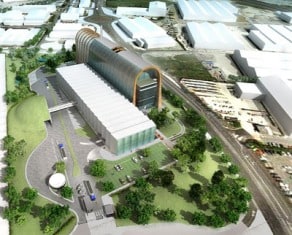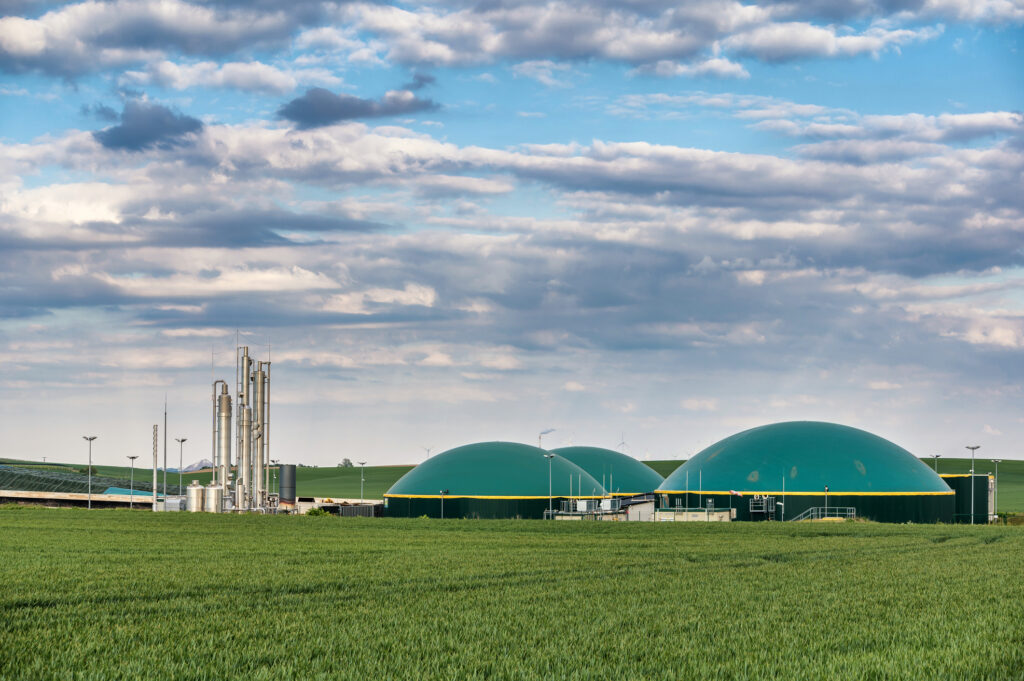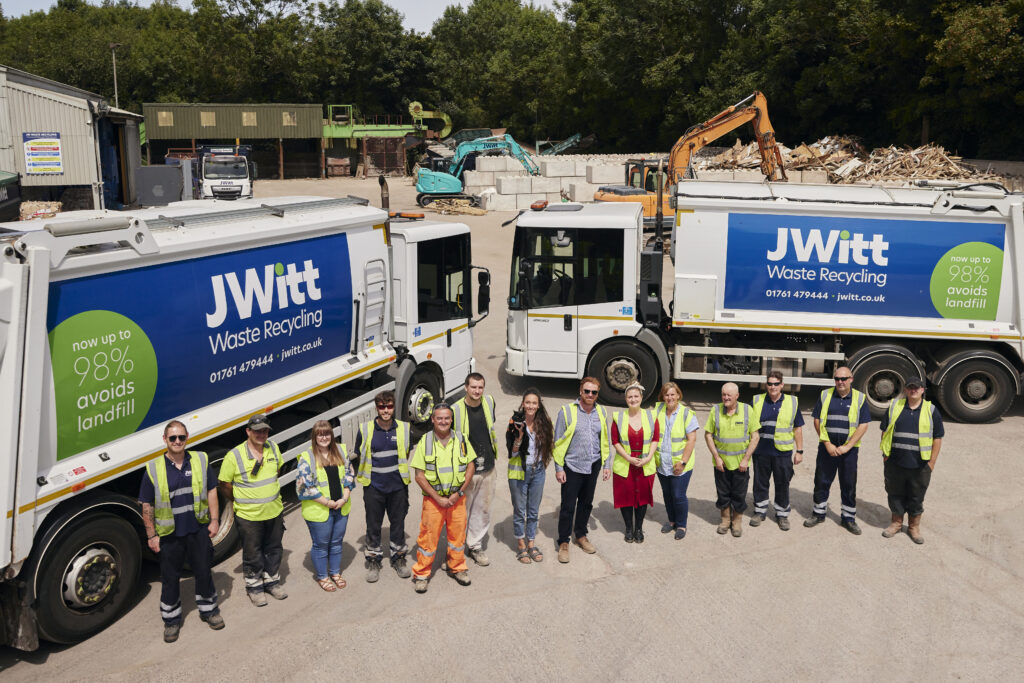Veolia beat off competition from a consortium led by Covanta for the project for which invitations were first sought in 2008.

At a briefing in Leeds this morning, the council said that it had opted for Veolia which is proposing a 180,000 tonne-a-year capacity plant -smaller than the one proposed by the Covanta consortium. All bidders were told before preparing their proposals to allow no more than 1% for non-city waste. The council explained the Veolia proposal was also cheaper.
Councillors are being advised to select Veolia as preferred bidder at an executive board meeting on November 2, with confirmation as contractor due next year. Veolia would enter into a 25 year contract and the value of the award is estimated at about 550 million – the project has 68.6 million Private Finance Initiative (PFI) support (see letsrecycle.com story).
Councillor Mark Dobson, executive member for environmental services at Leeds city council, said: “Both bids received were robust and I thank both bidders for taking the time and effort in putting in two bids that took a lot of effort in evaluation.”
The sizes of the plants proposed by Veolia and the Covanta consortium were factors in the decision making. Veolia has proposed a plant with a capacity of 180,000 tonnes-a-year but the incineration component would be in the order of 164,000 tonnes-a-year. This is because a mechanical recycling facility at the front end will remove about 10% of the input for recycling, adding about 5% to the city’s recycling rate.
Covanta had proposed a 260,000 tonne-a-year capacity plant working with Kelda Water Services (formerly Yorkshire Water) under the banner Aire Valley Environmental.
Leeds city council has committed to supplying a minimum of 120,000 tonnes-a-year of waste although it expects to supply up to 145,000 tonnes-a-year.
Capacity gap
Both Veolia and the Covanta consortium are understood to have been proposing to fill any capacity gap by taking in commercial and industrial waste for incineration – there is up to 300,000 tonnes-a-year available in the Leeds area.
Cllr Dobson emphasised the importance of developing the facility. “These are big challenges; waste is a big environmental issue to deal with. We have a big responsibility for delivering on our waste management strategy in a way which is clean and affordable. The amount of waste going to landfill is completely unsustainable both from an environmental agenda and the financial side.”
And the cabinet member also emphasised that the city did not want to import waste for incineration from outside of its boundaries. He said: “One of the major concerns that we picked up on very early was that we didn’t want Leeds to be a centre in the region where people import waste. It has been built upon the tonnages that we have mentioned and this site will serve the city. There is just 1% wriggle room for external waste. We have gone for the facility that was small in scope and size and it is only for the city with no importation.”
Neil Evans, the councils director of environment and neighbourhoods, said: “We have a target for an absolute minimum of 50% recycling and we’ll get beyond that. But there will be a considerable amount of waste we will have to deal with. Landfill produces methane and is not doing anything to deliver any environmental benefits back to the city.”
He went on to explain that by 2014 the city would be paying 80 per tonne of waste in landfill tax, plus gate fees. “We would be looking at 750 million from 2010 to 2041. They are the two big drivers towards the new plant.”
Energy from waste
Leeds had asked nine bidders to originally come forward and the authority opted for energy from waste for a combination of reasons. This included a decision that some technologies proposed were not credible for dealing with the volume of waste arising in the city.
Mr Evans emphasised that the council had allowed for higher recycling rates in the city and was not planning a “feed the beast” plant. “We have tried to make sure our future plans have safeguarded us against that possibility. We have taken a high recycling rate above 60% and also allowed for population growth and this still gives us a position where we need more than 120,000 tonnes of capacity.”
The Veolia plant would be built on a site at Cross Green next to the city council’s offices near the East Leeds Link road.
Explaining the costs of the plant in more detail, Andrew Tate, from the team which assessed the bids, said that the contractor would “build, design and operate” the plant. “The council basically pays a charge for that task and we don’t pay till it is built.”
The plant would be designed to provide a combined heat and power off-take and talks would take place between Veolia and the city council about potential users in the Aire Valley.
Ash from the Veolia plant, which will be about 20% of the output, is planned to go to an ash recycling plant in Sheffield where it will be processed for use as an aggregate. Ultimately, 3.5% of the energy from waste plant input will go to landfill.
Veolia and the Covanta consortium emerged as the two frontrunners for the deal in February 2010 (see letsrecycle.com story), when the council narrowed down an earlier four bidder shortlist (see letsrecycle.com story).








Subscribe for free